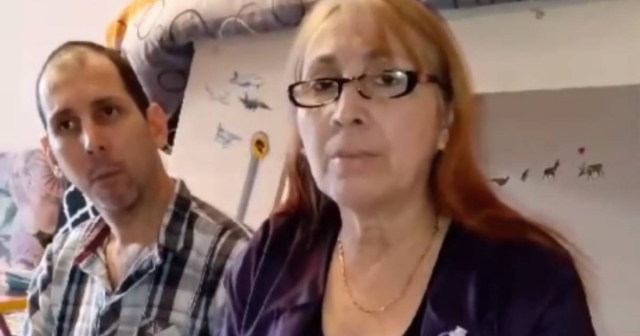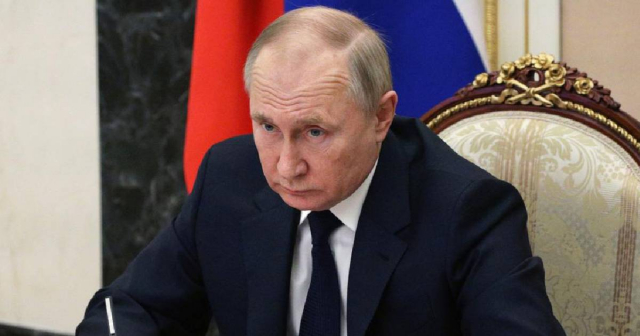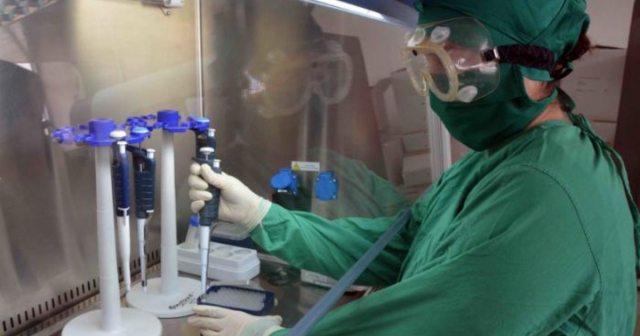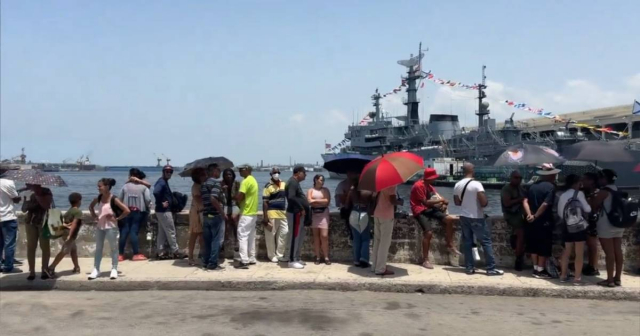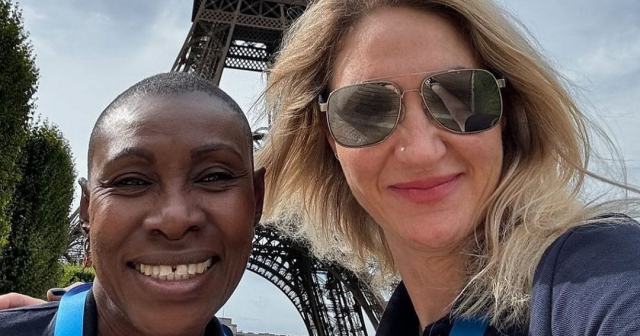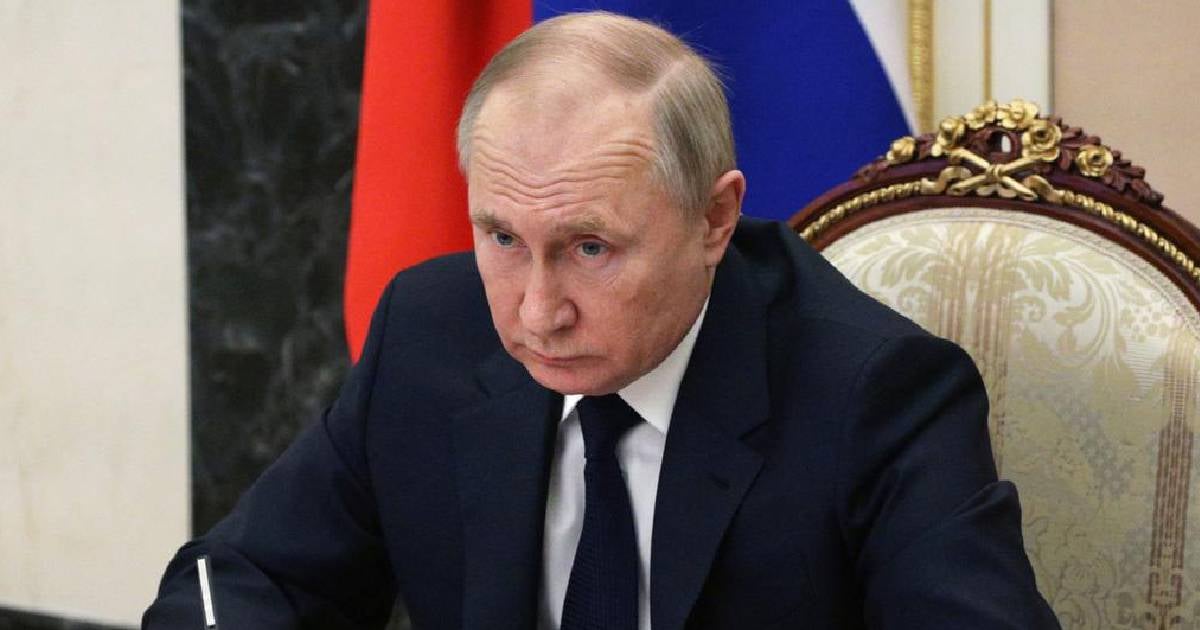
Russian President Vladimir Putin signed a decree on Monday that simplifies and streamlines residence permits for foreigners seeking political asylum due to opposing ideological positions in their countries, provided they share "the traditional spiritual and moral values" of the Eurasian nation.
The president approved Presidential Decree N702, which will come into effect on September 1, directly addressing those who wish to move to Russia, arguing "rejection of the policies implemented by these states that impose destructive neoliberal ideological guidelines and contradict traditional Russian spiritual and moral values," according to the Europa Press agency.
As part of the process, the Ministry of Foreign Affairs will issue a single-entry visa valid for three months for those who wish to travel for the reasons previously mentioned.
Similarly, unlike other cases such as marriage or employment contracts, beneficiaries will be able to obtain residency without the need to pass language or knowledge tests on Russian history and legislation.
This new regulation raises an important question: can Cubans benefit from the measure? The fact is that although it is designed to support those who reject a "destructive neoliberal ideological agenda," the situation for citizens of the island could be uncertain (different).
Cuba, being part of Moscow's sphere of influence, is not explicitly mentioned in the decree. However, the Russian government will prepare a list of countries that, in its view, have policies contrary to Russian values. In this regard, we will have to wait.
However, according to Diario de Cuba, the Russian official Vladimir Shkunov, who manages the Facebook group "Russia for Cubans," posted in that forum that starting from September 1, 2024, those interested on the island must contact the Consulate General of Russia in Havana to request a private visa for three months in order to apply for residency in that country.
"Upon their arrival in Russia, Cubans submit the documents to obtain a residence permit at the Russian Migration Service office. You must have a certificate of absence of criminal records in Cuba (valid in Russia for six months)," he added.
It is worth remembering that Cubans have been traveling to that country for years, whether to emigrate, go shopping tourism, or work. There may also be the option to present documents indicating their rejection of regime policies that are considered incompatible with Russian values.
Putin himself signed a law on Thursday, August 11, that outlines the obligations that foreigners must comply with if they want to reside in that country, which could affect the Cubans who are already in the territory.
The document, published by the state's legal information portal, establishes the creation of a registry of controlled persons to be used by the Ministry of the Interior and the Government, and outlines the mechanisms for the expulsion of a foreigner in case of violation of local legislation.
These measures are in line with the expulsions that occurred following the attack on March 22 at a theater near Moscow that left at least 150 dead.
On that occasion, President Putin called to combat illegal immigration, claiming that Russia has paid "a high price and all analysis of the situation must be extremely objective and professional."
What do you think?
COMMENTFiled under:

